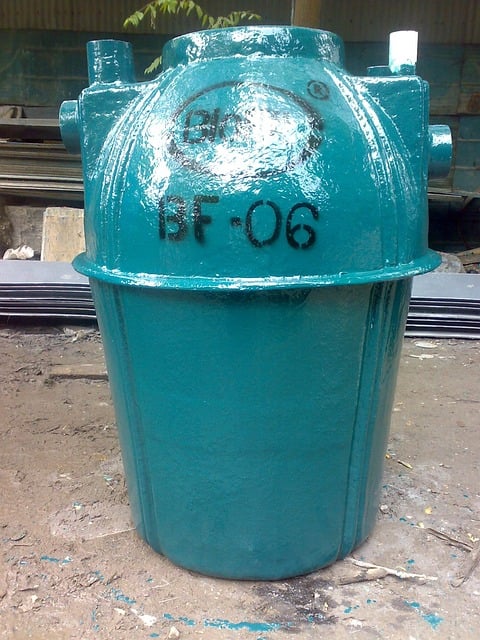Septic system failures are common but preventable through regular maintenance. Proper disposal habits, annual inspections, pumping every 3-5 years, and using septic-safe products prevent sludge buildup, tank overflows, and groundwater contamination. Neglecting routine care leads to costly repairs, environmental damage, and system failure; consistent monitoring is key. Homeowners can contribute by limiting water usage, fixing leaks, avoiding non-biodegradable items, planting trees away from the tank, and using eco-friendly cleaning products for optimal septic system health and longevity.
“Uncover the common causes of septic system failures and learn how to prevent them with our comprehensive guide. Understanding the intricate mechanics of your septic system is key to avoiding costly repairs. We’ll explore regular maintenance practices that ensure optimal performance, from routine inspections to effective cleaning techniques.
Additionally, discover long-term health tips for your septic system, empowering you to extend its lifespan. Implement these strategies to promote efficient waste treatment and minimize environmental impact. Optimize your septic system’s performance through evidence-based practices—it’s easier than you think!”
- Understanding Septic System Failures: Common Causes
- Regular Maintenance Practices for Prevention
- Tips for Long-Term Septic System Health
Understanding Septic System Failures: Common Causes

Septic system failures are common issues that can arise from various causes, many of which can be prevented through proper septic system maintenance. One of the primary reasons for failure is a buildup of solid waste and scum inside the tank, leading to overflow and contamination of ground water. This often results from poor disposal habits, such as flushing non-biodegradable items or excessive use of toilet paper.
Another significant cause is a lack of regular pumping and cleaning. Over time, sludge can accumulate at the bottom of the tank, blocking the drain fields and impeding proper waste treatment. Neglecting routine maintenance tasks, including inspection and repair, can also lead to failures. Additionally, damage or disruption to the septic system’s pipes and components due to construction, tree roots, or shifting soil can cause significant issues, emphasizing the importance of regular care and monitoring in preventing costly repairs.
Regular Maintenance Practices for Prevention

Regular maintenance practices are essential for preventing septic system failures. Schedule routine inspections at least annually to ensure the system is functioning optimally. During these visits, professionals can assess tank levels, check for leaks, and evaluate the overall health of the system. Additionally, regular pumping every 3-5 years is crucial to remove solid waste buildup that can clog pipes and cause damage.
Implementing preventive measures like using septic-safe cleaning products, avoiding excessive water usage, and properly disposing of hazardous materials can further prolong the life of your septic system. Remember, timely maintenance not only protects your investment but also ensures a more environmentally sustainable approach to wastewater management.
Tips for Long-Term Septic System Health

Regular septic system maintenance is key to ensuring long-term health and preventing costly failures. Schedule annual inspections with a professional to assess the overall condition of your tank, pipes, and drainfield. During these visits, experts can look for signs of damage, leaks, or clogs that could indicate trouble ahead. Additionally, consistent cleaning and pumping every 3-5 years is essential to removing built-up solids and maintaining optimal performance.
Beyond professional care, homeowners can take several steps to promote septic system health. Limit water usage during peak times, fix leaks promptly, and avoid flushing non-biodegradable items down the toilet. Planting trees and shrubs a safe distance from your tank helps prevent roots from infiltrating pipes, while using eco-friendly cleaning products minimizes harmful chemicals that can disrupt the delicate balance of beneficial bacteria inside your septic system.
Septic system failures can be costly and disruptive, but proactive maintenance and care can significantly extend their lifespan. By understanding common causes of failures, implementing regular cleaning and inspection routines, and adopting long-term health tips, homeowners can ensure their septic systems operate efficiently. Regular septic system maintenance is key to preventing unexpected breakdowns and preserving the environmental sustainability of these essential sanitation solutions.
